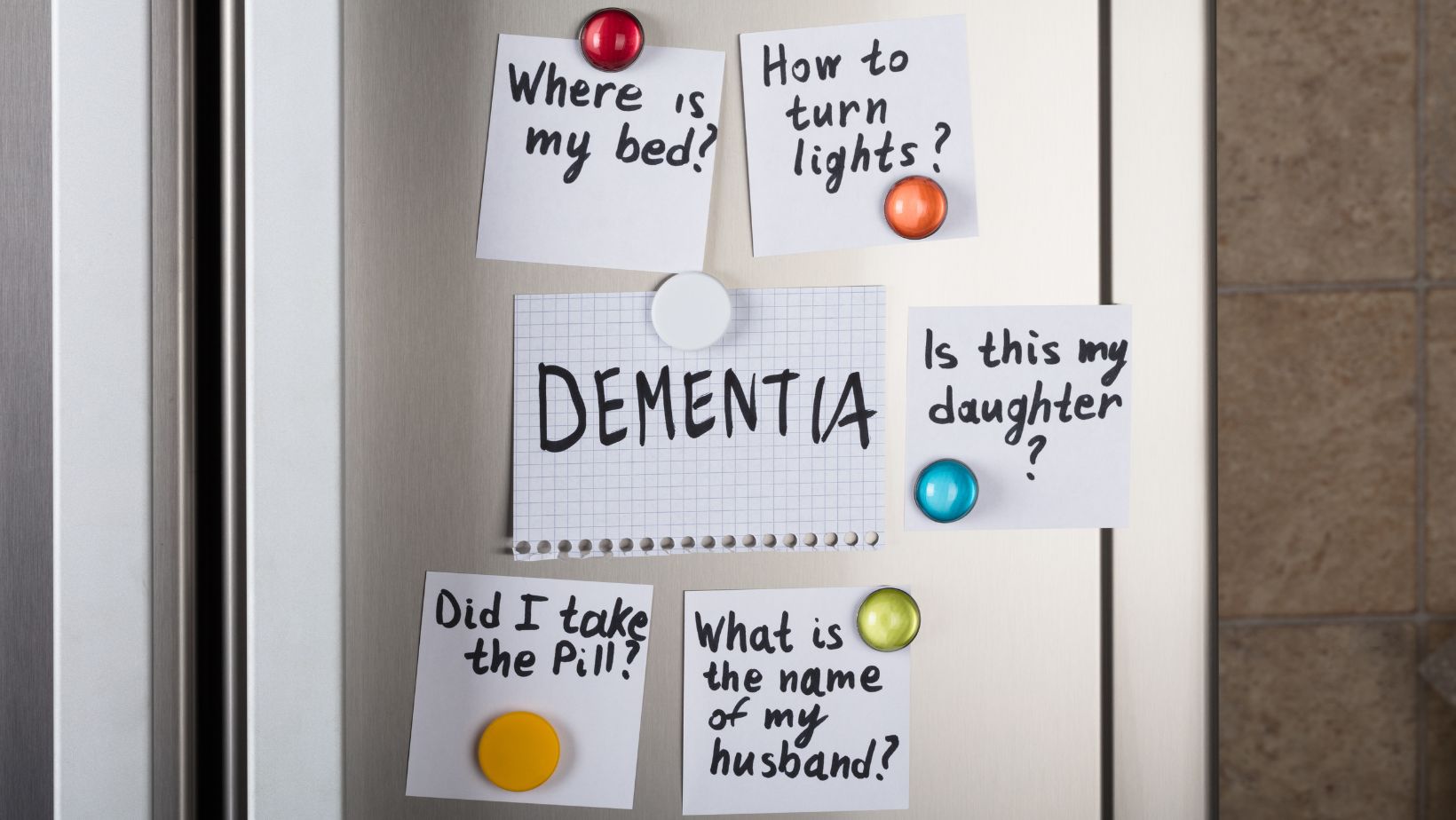
Dementia is a complex and multifaceted neurological disorder that profoundly affects the lives of those diagnosed with it, as well as their families and caregivers. While memory loss is one of the most well-known symptoms of dementia, the behavioral changes that accompany this condition can be equally distressing and challenging to manage. Dementia-related behavioral changes can manifest in a variety of ways, often causing significant disruptions in the daily lives of those affected. In this exploration, we will delve into the various aspects of how dementia influences behavior, understand the causes and consequences of these changes, and explore strategies for effective management.
The Spectrum of Dementia:
To comprehend behavioral changes in dementia, it is essential to recognize that dementia encompasses various subtypes, including Alzheimer’s disease, vascular dementia, frontotemporal dementia, and more. Each subtype may present distinct behavioral alterations, making a nuanced understanding imperative.
The Brain and Behavior:
Dementia primarily results from neurodegeneration in the brain. Understanding how this deterioration affects specific brain regions and neural pathways can shed light on the behavioral changes associated with dementia.
Agitation and Aggression:
Agitation and aggression are common behavioral symptoms of dementia.

These behaviors can result from frustration, communication difficulties, or pain, and it is crucial to learn how to identify triggers and manage these issues effectively.
Wandering and Disorientation:
People with dementia may often exhibit wandering behaviors, which can be both dangerous and distressing for caregivers. Understanding why this happens and implementing strategies to minimize risks is essential.
Sundowning:
Sundowning is a phenomenon where individuals with dementia experience increased confusion and agitation in the late afternoon and evening. This behavior change can disrupt daily routines and require tailored care approaches.
Hallucinations and Delusions:
Hallucinations and delusions can be a part of the behavioral spectrum in some forms of dementia. Recognizing and responding to these symptoms with empathy and appropriate interventions are crucial.
Changes in Personality and Mood:
Dementia can lead to dramatic shifts in personality and mood, causing individuals to become more withdrawn, apathetic, or even emotionally volatile. Understanding these changes can help caregivers provide better emotional support.
Communication Challenges:
Dementia often hampers an individual’s ability to communicate effectively.

Learning alternative means of communication and engaging in patient, empathetic listening are essential skills for managing these challenges.
The Quest to Find Out More about Dementia and Behavioral Changes
Continuing our exploration of dementia and its behavioral changes, it is crucial to emphasize the ongoing research and learning required in this field. To find out more about dementia and its behavioral intricacies, we must support and engage in research efforts, clinical trials, and collaborative initiatives. These endeavors aim to unravel the mysteries of dementia, shed light on the specific causes of behavioral changes, and discover innovative interventions that can improve the lives of those living with dementia. With continued dedication to understanding this complex condition, we can work towards a more compassionate and effective approach to dementia care, ultimately enhancing the quality of life for those affected by it.
Conclusion:
In conclusion, behavioral changes in dementia are a vital aspect of the condition that demands attention and understanding. Recognizing the various types of dementia, their impact on the brain, and the diverse behavioral symptoms that can arise is essential for providing effective care and support to individuals with dementia. Caregivers, healthcare professionals, and society at large must work together to develop strategies that enhance the quality of life for those living with dementia while mitigating the challenges posed by behavioral changes. By fostering empathy, education, and research, we can ensure a better future for those affected by dementia and their loved ones.











